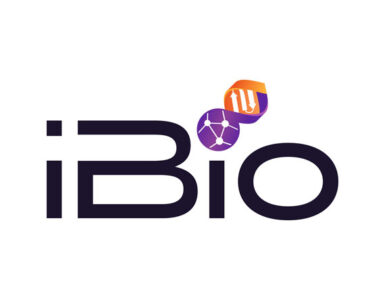
Analysts for Canaccord Genuity, Echelon Wealth Partners and A.G.P./Alliance Global Partners are raising the prospects of Profound Medical’s (OTCQX:PRFMF; TSX:PRN) TULSA-PRO device as a treatment for benign prostatic hyperplasia (BPH), an enlargement of the prostate gland.
Coming off of Profound Medical’s third quarter investor call, analyst Jason Mills of Canaccord writes that while the company would undoubtedly, and for good reason, focus initially on TULSA-PRO’s applicability in prostate cancer following FDA approval, “BPH is increasingly emerging as another compelling opportunity for the technology.”
Echelon’s Doug Loe writes that, while it is still early days in this program, “data are encouraging for providing yet another example of how MR-guided focused ultrasound energy can confer broad-spectrum medical benefits and not just in oncology.”
Ben Haynor of A.G.P/Alliance Global Partners agrees, adding that BPH is “emerging as a distinct and real opportunity” for Profound Medical.
TULSA-PRO, which has received CE Mark in Europe and is currently in a pivotal U.S. study, combines real-time MR imaging with transurethral therapeutic ultrasound and closed-loop temperature feedback control in a minimally invasive and highly precise prostate treatment tailored to patient-specific anatomy.
In Europe, Mr. Mills said the use of TULSA-PRO for BPH has grown organically, with physicians independently beginning to treat BPH patients after they become comfortable with the technology in prostate cancer patients and see the technology’s inherent ability to shrink prostate volume while leaving functional anatomy intact.
“At Profound Medical’s more experienced European sites, total volume is now split roughly 50:50 between prostate cancer treatments and BPH treatments, and we think a similar dynamic could ultimately play out in the U.S. as well, especially given the large, potential patient-pay market for BPH treatment,” he added.
Mr. Loe said that Echelon’s model does not overtly incorporate BPH-specific economics for TULSA-PRO, since it is still early days for this program. But, he noted that ablation seemed to confer significant benefit in BPH, “as documented in a nine-patient, three-year follow-up study that showed substantial improvement in IPSS scores post-ablation in severely-diseased patients.”
Mr. Haynor said that because the TULSA-PRO technology allows heat energy to penetrate more deeply into the prostate than certain competing prostate treatments, it allows for the treatment of much larger prostates.
As the CE Mark clearance is for “ablation of prostate tissue,” Mr. Haynor said the indication already covers use for BPH and multiple investigator-sponsored studies are being conducted under IRB (institutional review board) in BPH. Profound expects at least two of these studies to be published during 2019 and anticipates following up these studies with a multi-center study on BPH, he added.
Mr. Haynor said that on Profound’s third quarter earnings call, management mentioned that European customers are routinely treating prostates larger than 80cc, or more than twice the normal size, and have treated prostates ranging up to 250cc, “which no other minimally or non-invasive treatment of BPH can accomplish to our knowledge.”
When the prostate reaches more than 80cc, he said the go-to treatment option is radical prostatectomy, which suffers from an adverse event profile, “suggesting TULSA-PRO could be an attractive treatment option in these patients.”
Canaccord Genuity, Echelon Wealth Partners and A.G.P./Alliance Global Partners all reiterated their “buy” ratings and price targets of $1.90 (Canadian), $3.00 (Canadian) and $1.60 (U.S.), respectively. The stock closed at 62 cents (Canadian) on Nov. 9.





